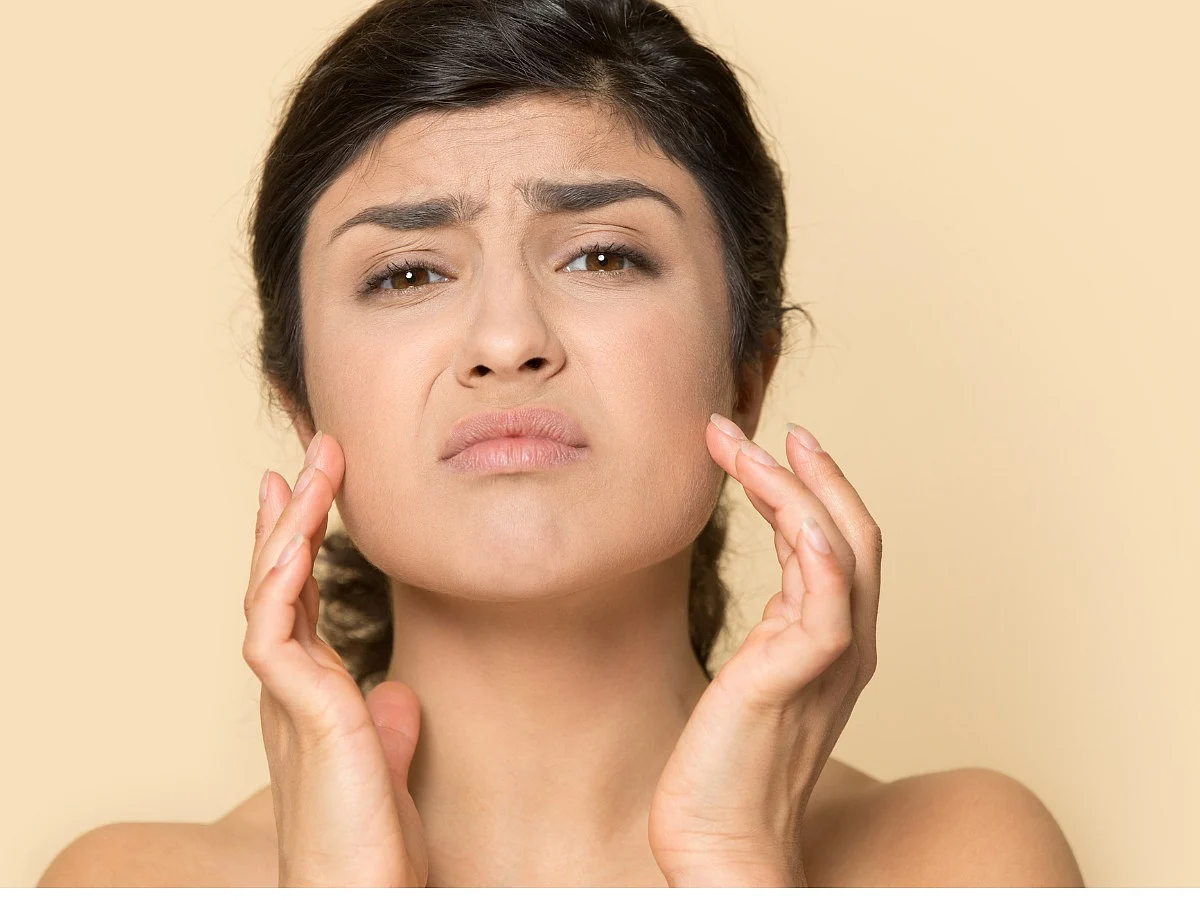Skincare: Tips to Maintain Skin's Elasticity
Here are a few skincare tips that will help maintain elasticity while you age.

advertisement
Ageing is something we all have to experience and we can't escape the natural process unless we have consumed some magical potion of youth. Although sagging of the skin can’t be avoided completely, you can definitely slow down the skin’s aging process.
Skin elasticity lets your skin bounce back when stretched. Elastin, a fibrous protein found in the skin is responsible for your skin's elasticity. It keeps your skin firm, smooth and youthful. Depletion of elastin results in signs of ageing like sagging skin, fine lines and wrinkles.
As part of the natural ageing process, the skin tends to sag when the elastin in the skin breaks down. Here are a few ways to control your skin elasticity.
Loss Of Skin Elasticity: Causes
According to doctors at Mayo Clinic, loss of skin elasticity is called elastosis, and factors that lead to elastosis are:
Sun exposure
Ageing
Pollution
Improper diet
Quit Smoking
There's no one who will say that smoking is healthy or serves any purpose whatsoever. Smoking is also bad for the skin. In order to maintain healthy and elastic skin, you have to ditch your smoking habit.
Smoking narrows blood vessels, which decreases blood flow and prohibits nutrients and oxygen from reaching the skin. Moreover, the toxins in cigarettes may damage the collagen and elastin fibers too.
Invest in Good Skincare Routine
There's no doubt that skin care plays an important role in maintaining that healthy glow. You must focus on boosting your collagen and keeping your skin healthy from a young age itself. You can start early and invest in a good age-preventative skincare regime. Make sure you start opting for milder collagen-boosting treatments.
Hyaluronic acid is a naturally occurring substance found in the skin’s connective tissue that helps to moisturise and keep the skin plumped. You can give it a try as well.
Hyaluronic acid helps the skin hold water to stay plump. But as you age, your skin turns dry leading to reduced elasticity. So, a good hyaluronic acid serum or moisturizer will help maintain healthy hydration levels.
Don't Skip Your Sunscreen
The most important skin care product to maintain skin elasticity is adequate sun protection. Apply sunscreen every day, wear protective clothing and protect your skin from improper sun exposure or else it can cause havoc on your skin and its elasticity.
Wearing SPF is not an option but a necessity. If you want to maintain your skin’s elasticity, block the ultraviolet rays from penetrating the deeper layer of skin and breaking down elastin and collagen fibers.
Eat Foods Rich in Antioxidants
A healthy plays a major role in maintaining healthy skin. Apart from smoking, other environmental stressors can cause oxidative stress on your skin leading to the breakdown of the elastin fibers.
Antioxidants in your food and skincare products can help neutralize their effects. Antioxidants like Vitamin C, E, flavonoids, carotenoids, and Coenzyme-Q10 will help prevent the breakdown of collagen and elasticity. They will also ensure your skin stays healthy and firm.
Avoid Sugar
Sugar is your worst enemy and it fastens the skin's ageing process. It destroys healthy collagen and reduces skin elasticity through a process known as glycation. You will have to cut down on refined sugar and processed carbs since they can be harmful for your gut as well as the skin.
Increase Your Collagen Intake
Collagen and elastin are two proteins that help maintain firm and elastic skin. Research showed that oral collagen supplements and drinks when taken with other essential nutrients may improve skin elasticity and hydration levels. So ask your doctor and add collagen supplement to your diet to support your skin's collagen production.
(At The Quint, we question everything. Play an active role in shaping our journalism by becoming a member today.)